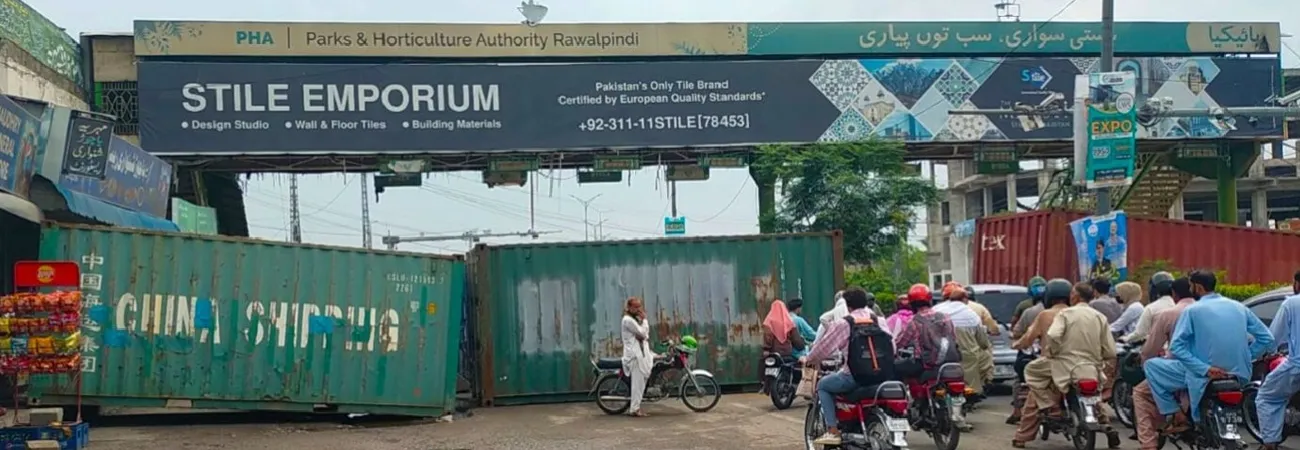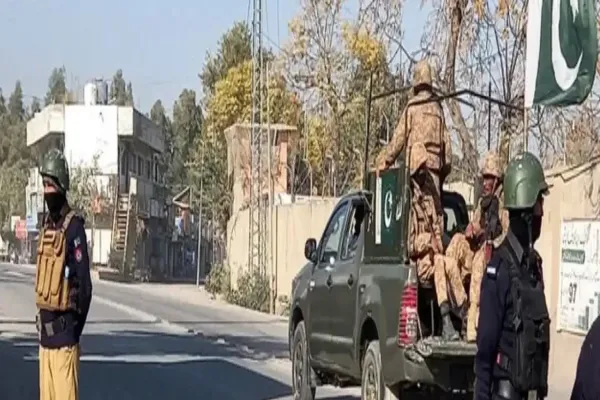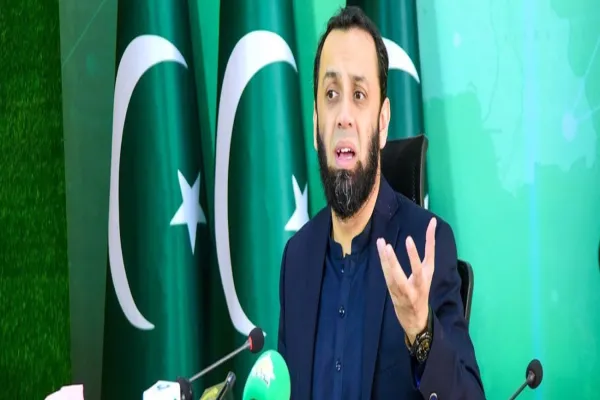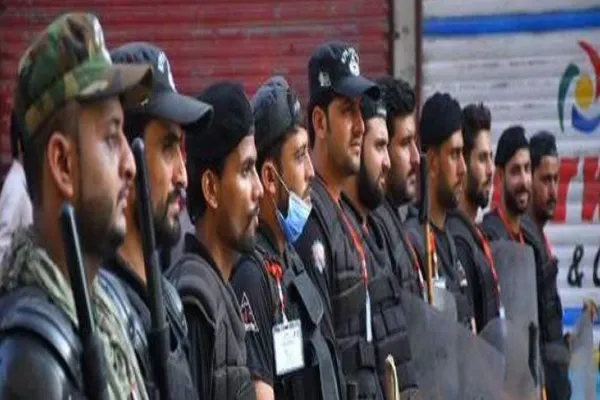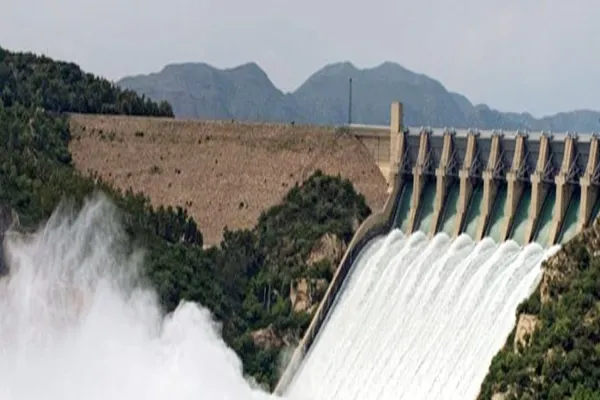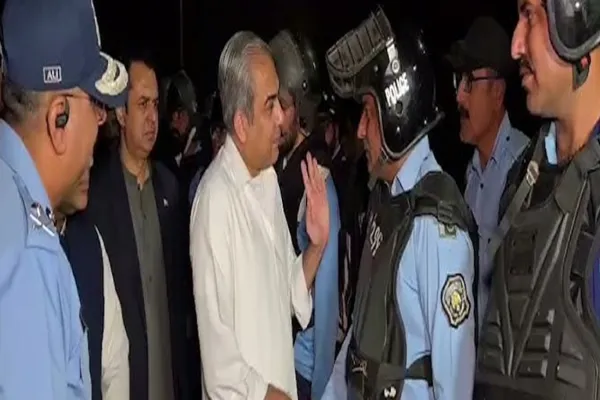i NEWS PAKISTAN
The federal capital and surrounding areas were brought to a standstill on Friday as authorities sealed off major entry and exit routes, including the Lahore-Islamabad Motorway and GT Road, in response to a protest call by the religious party Tehreek-e-Labbaik Pakistan (TLP). Mobile and internet services were also suspended in the twin cities of Islamabad and Rawalpindi, while Punjab’s Home Department imposed Section 144 across the province for ten days, banning gatherings of four or more people in public spaces.
The sweeping measures were enacted following TLP’s announcement of a protest rally, prompting heightened security arrangements. According to official sources, Federal Interior Minister Mohsin Naqvi approved the suspension of mobile internet services, with a letter sent to the Pakistan Telecommunication Authority (PTA) requesting an indefinite blackout starting at midnight. The restrictions have disrupted daily life, with commuters, students, and businesses facing significant challenges.
The Lahore-Islamabad Motorway was closed to all traffic, with entry points blocked at Babusabu, Thokar Niaz Baig, and all routes leading to the motorway in Islamabad. Similarly, GT Road was shut at multiple locations, including Muridke, Chenab Nagar, Gujrat, Jhelum Bridge, and Chakwal Mor. Additional closures were reported at Sadhoki, Kamunki Toll Plaza, Chanda Qila, and Aziz Cross Chowk flyover in Gujranwala, as well as routes along the Express Highway toward Sialkot. Public transport services were also heavily affected.
The Orange Line train service in Lahore was temporarily suspended, and the metro bus service in the twin cities was halted as a precautionary measure. Electric buses operating on various routes in Islamabad were also off the roads. The Islamabad Traffic Police issued a traffic diversion plan to manage the flow of vehicles, but the closure of major highways left commuters stranded. The Punjab Home Department enforced Section 144, prohibiting public gatherings, protests, and the display of weapons across the province for ten days.
The ban exempts prayers, weddings, funerals, offices, and courts but applies to public spaces, streets, neighborhoods, and open fields. Authorities have warned of strict enforcement to maintain law and order.While no official holiday was declared for educational institutions in the twin cities, the closure of major roads caused significant difficulties for students and parents. Many struggled to reach schools and colleges due to blocked highways and disrupted public transport. Businesses and daily wage workers were also affected by the restrictions, with the suspension of mobile and internet services further complicating communication and operations.
The administration of Islamabad and Rawalpindi remains on high alert, with additional security personnel deployed to manage the situation. Routes from Rawat T-Chowk to Islamabad and Murree to Faizabad have been sealed, and law enforcement agencies are closely monitoring developments to prevent unrest.As the situation unfolds, residents of the twin cities and surrounding areas are bracing for further disruptions, with no clear timeline for the restoration of normalcy. Authorities have urged citizens to cooperate with security measures and avoid unnecessary travel until the situation stabilizes.
Credit: Independent News Pakistan (INP)



